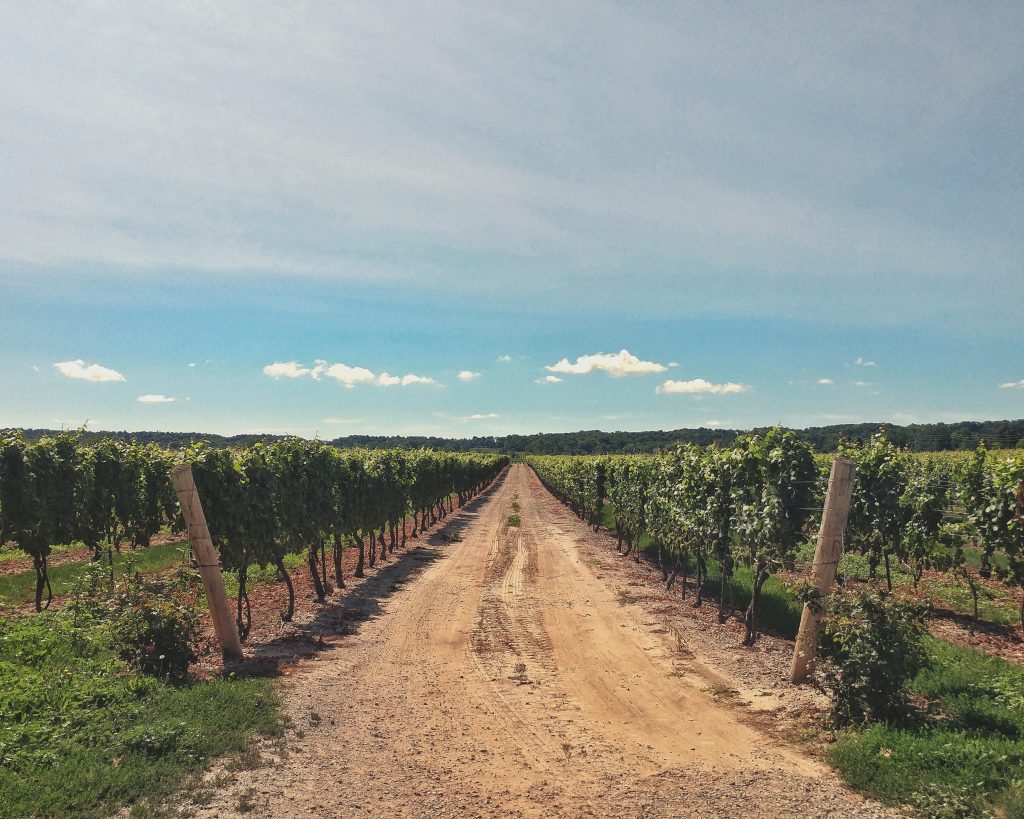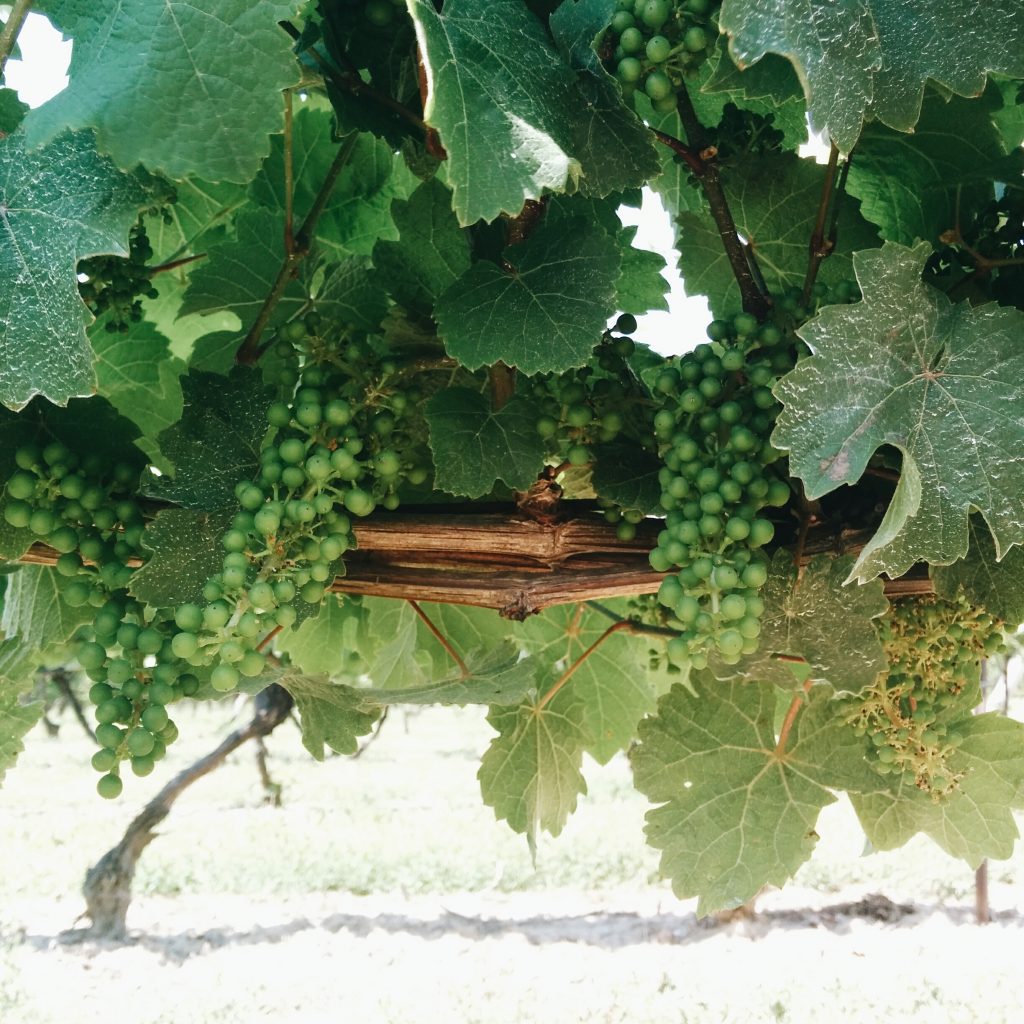Andrea Kaiser knows wine country. Her father, Karl K. Kaiser, was one of the founding winemakers of the Niagara-on-the-Lake region, and now she’s the director of marketing at Reif Estate Winery.
Much has stayed the same about the community since Kaiser was a kid. The goal was and still is to “grow premium grapes in order to make premium wines,” she says. But now, there’s one key difference: companies are laser-focused on sustainability.

The word “sustainability” might call to mind images of the environment, but Kaiser—who also chairs the Sustainable Wine Certification for Ontario Craft Wineries—challenges that interpretation.
“(Sustainability) is about having a local economy that can be not only great for businesses, but also good for the environment, good for the consumer and good for our neighbours,” she says. That explains the three pillars of the Sustainable Wine Certification: environment, economy and community.
While organic and biodynamic wines require a natural approach to winemaking, a certified sustainable winery thinks about the environment on a macro level. Water conservation and energy efficiency are important, but so is the use of local materials to support the regional economy and social responsibility at large.
There are currently 13 certified sustainable wineries in Ontario: Chateau des Charmes, Flat Rock Cellars, Henry of Pelham Family Estate Winery, Hidden Bench Vineyards & Winery, Pelee Island Winery, Pelee Island Winery Pavilion, Pillitteri Estates Winery, Reif Estate Winery and Strewn Winery.
This includes four which also have certified sustainable vineyards: Cave Spring Cellars, Malivoire Wine Company, Southbrook Vineyards and Stratus Vineyards. At these wineries, the entire process—from grape to bottle—is considered sustainable for the local environment, economy and community.

Each winery and vineyard is audited on an annual basis to maintain certification.
Although the certification process only came into effect a few years ago, winemaker Shiraz Mottiar says sustainability has always been “paramount” at Malivoire Wine Company,
“The sustainable approach is always ensuring that we’re not overusing the land, that we’re keeping things in balance and not disrupting the natural rhythm and harmony of our surroundings,” he says.
Malivoire has introduced various processes over the years to minimize its carbon footprint, from installing energy-efficient lighting to capturing rainwater for reuse in various wine-making processes. The company also avoids the use of plastics in its fields because they can break down into microplastics and remain for years.
In order for a sustainable vineyard or winery to truly be successful, Mottiar says, it has to be more than just a marketing ploy.
“It has to come from the heart. You have to want to do it,” he said. “You also have to make money. (Something) is only sustainable if we can still make a living from it.”
Ed Madronich, president of Flat Rock Cellars, is in total agreement.
“Without business success, you can’t support your community and you can’t do great things for the environment. All of those things … are intricately linked,” he says.
One way Flat Rock reduces its environmental impact is using an on-site biofilter to clean wastewater, allowing it to then be reused.
“We know that we’re treating our wastewater in a self-contained area and we’re not putting any pollution anywhere because it’s all treated on-site in an environmentally-friendly way,” Madronich says.
But that’s just one way the winery cares for its community. Flat Rock has donated more than 120,000 meals to people in need through Feed Ontario, a charity that connects companies and donors with local food banks.
“COVID-19 (has shown us) just how important it is that as a community, we have companies that are doing good things for us and supporting people in need,” he says
Kaiser has also seen firsthand the importance of sustainability during these unprecedented times. Canadians are relying on the support from companies, Kaiser said, but they’re also eager to help.
“This has become something of even greater importance to Canadians. Do we want to get our goods from abroad or do we want to have a more locally-based economy?” Kaiser said. “Don’t we want to support the small family business down the road that’s been making the best pizza for 20 years?”
For consumers on the hunt for more sustainable options, Kaiser said a good place to start is looking for the VQA sign on wine labels. This means the wine was made with Ontario grapes and it’s “100 per cent local.” Wines that have been certified sustainable by Ontario Craft Wineries will also have a green leaf on the label.
Although the desire for sustainability has changed Ontario’s wine country since Kaiser was a kid, she says it’s for the better.
“We’re all very passionate about what we produce here in Niagara-on-the-Lake,” she said. “All the people who go through the sustainability certification program are committed to producing premium local wines in a thoughtful way that reduces the carbon footprint and contributes to the local economy and community. To have consumers want to … buy sustainable wine is monumental.”
CONTENT FROM GLOBE CONTENT STUDIO
ORIGINALLY PUBLISHED OCTOBER 15, 2020
as part of the Great Taste of Ontario Special Report





